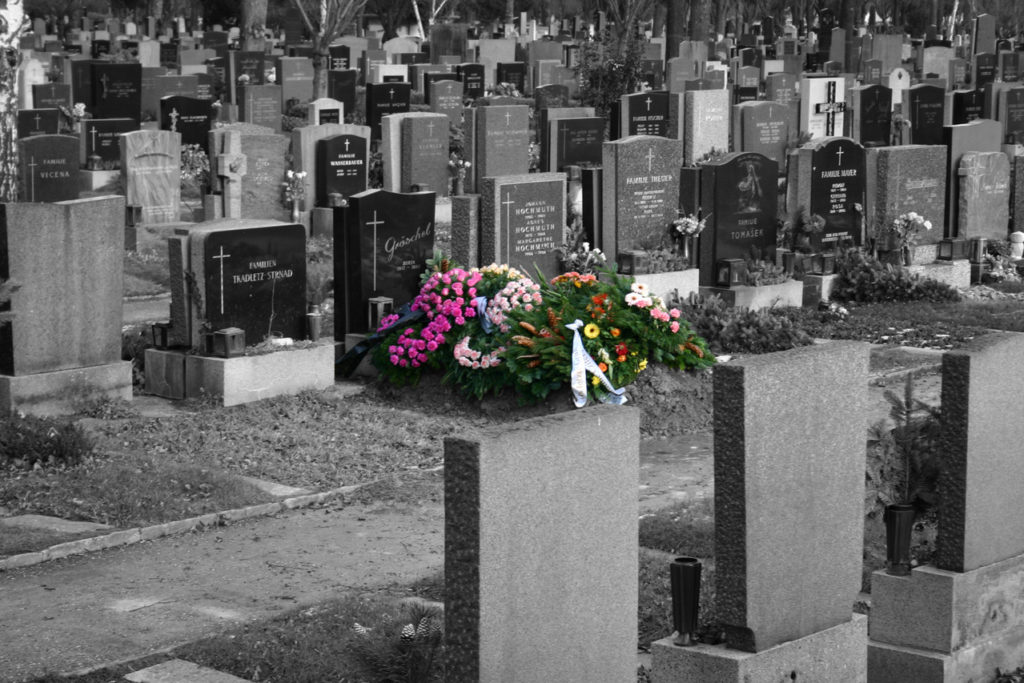The day started like any other day. I got the kids up, took them to school, and drove to the church. I had a lot to accomplish that morning, as most pastors do on their first day back from the weekend. As I drove to the church, I noticed droves of emergency vehicles flashing their lights and firemen putting out the remnants of a house fire. I had a church member who lived in a house in that area, but I couldn’t remember which house. After calling a friend who lived across the street to get the details of the situation, I was told of the tragedy.
A sweet member of my church lived next door to and cared for her elderly parents. During the early morning hours, a fire started in her parents’ house and spread quickly. My member, their daughter, woke up and immediately ran outside to try to save her parents, even trying to climb in a window, but to no avail. The fire already had engulfed the house and her parents had died.
This is the situation I encountered as I arrived: A daughter watched as a fire killed her parents and destroyed her childhood home. Now I have to walk in and provide comfort to the family. I’m in shock by the situation, coughing from the smoke, having an allergic reaction to the daughter’s cats, and yet it’s my job to care for her.
I walked in the house and just hugged her. I let her cry in my arms. I let there be silence. I let the questions of “why” permeate the room. I sat with her and her family. I became the house gatekeeper: keeping the press out while letting the authorities in. I made calls and texts for the family, helping them get the word out about the tragedy. I watched as they were overtaken with shock. I spoke with her sister who lives out of town, while she watched the morning news and saw her parents’ house in flames. It was a surreal experience. When I left the house a couple hours later, the press had gone and family had arrived. The flames were extinguished and the bodies of the deceased were found and removed from the house.
I hope you’re never in a situation where you need to comfort a family in tragedy, but if you’re in ministry, you will be. So as I reflect on the day, I want to offer four quick ideas based on what I learned through that experience.
1. Say as little as possible. They’re in shock and grief. Your voice will bring very little comfort to them. Your presence is what they need, not your words.
2. Pray with them right then and often afterwards. This is obvious, but even the obvious sometimes needs reminding.
3. Take care of their physical needs (ex: food, childcare, laundry, house work). They’re busy thinking about other things, like insurance and funeral arrangements and probably will forget to eat.
4. Allow them to openly grieve as long as they need to. Some grieve quickly, and some grieve slowly. Don’t be one who’s heartless and tell them to get over it. Let them continue to grieve as they need and repeat steps 1-3 while they do it.
In tragedy, God still moves. I pray God can use you as you shepherd your flock and healing can be found in Christ.,
Published March 14, 2019




